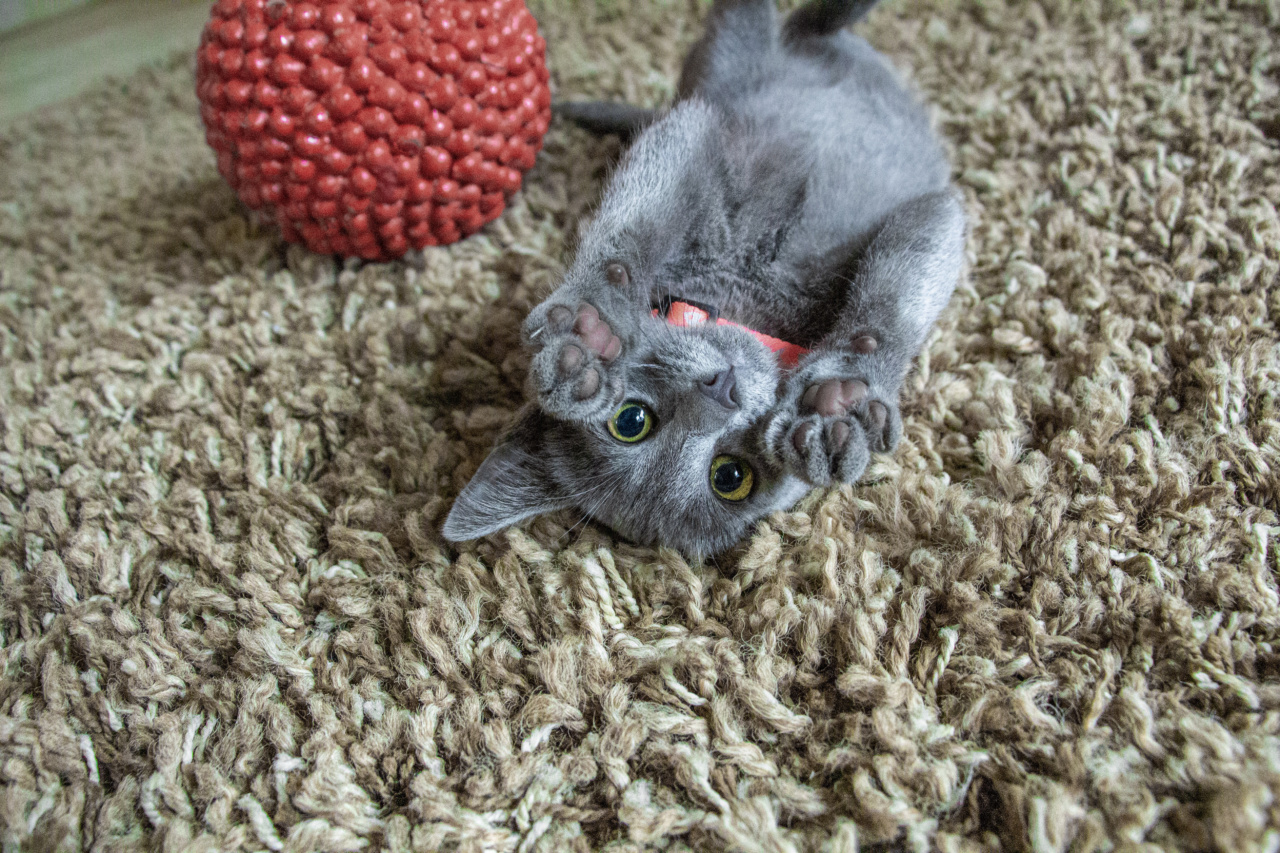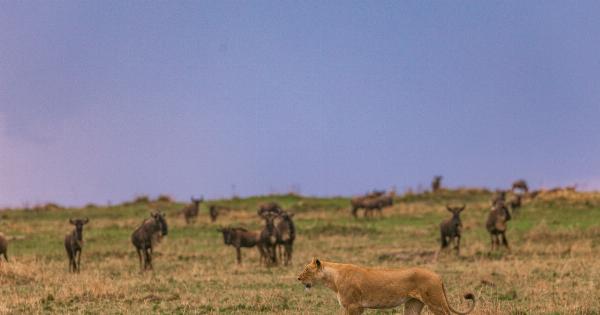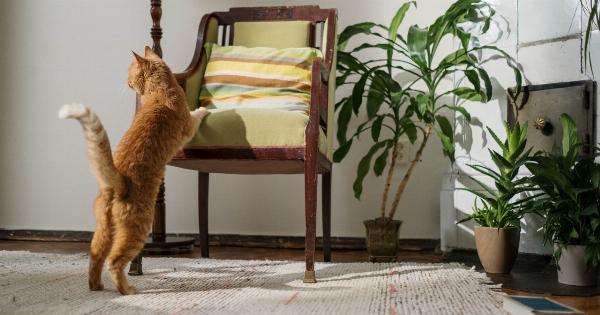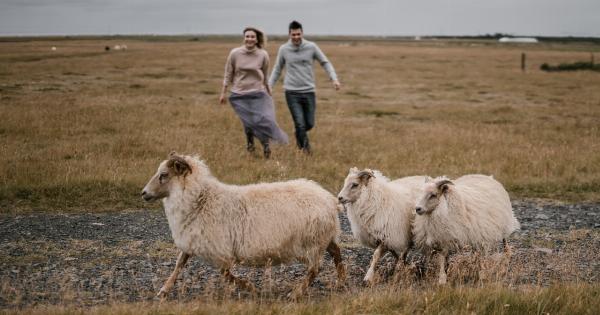The love we humans have for our pets knows no bounds. From dogs and cats to birds and reptiles, we adore our animal companions and often go out of our way to ensure their well-being and happiness.
In recent years, a new trend has emerged – the breeding of pets with genetic mutations that enhance their cuteness. This has raised concerns among animal welfare advocates and now Dutch lawmakers are seeking to prohibit the ownership of such pets.
The rise of genetically modified pets
It is not uncommon these days to come across pets that exhibit unique and exaggerated physical traits that make them incredibly adorable. This has been achieved through selective breeding and genetic modification.
For example, cats with extra toes, dogs with short legs, or rabbits with floppy ears that droop to the ground have become highly sought after among pet enthusiasts.
The appeal of such pets lies in their distinctive appearance. These genetic mutations often evoke an emotional response in humans, triggering a desire to care for and protect animals with these endearing features.
However, this trend has also sparked concerns about the ethical implications and potential health issues associated with breeding animals purely for their cuteness.
Animal welfare concerns
While it is always heartwarming to witness the bond between humans and their pets, there is growing concern that prioritizing cuteness above all else could have a detrimental impact on the well-being of these animals.
Breeding for specific physical traits can lead to a host of health problems, as the focus on appearance often overshadows the importance of ensuring the animal’s overall health and quality of life.
These mutations that enhance cuteness can result in a range of health issues including breathing difficulties, joint problems, and even chronic pain.
Animals that are bred for their oversized heads or extremely short limbs may struggle to engage in natural behaviors such as running or jumping, leading to a diminished quality of life. Additionally, the popularity of certain breeds may lead to overbreeding, resulting in a higher incidence of genetic disorders within those populations.
An ethical quandary
The debate over genetically modified pets raises important ethical questions.
Is it right to create animals that serve no purpose other than to entertain and amuse us with their cute looks? Should we prioritize aesthetics over animal welfare? These are the dilemmas that lawmakers in the Netherlands are wrestling with as they consider implementing a ban on owning pets with mutations that enhance their cuteness.
Opponents of the ban argue that it amounts to unnecessary interference in personal choices and limits individual freedom.
They believe that responsible pet owners are capable of providing the care and attention necessary to ensure their pets live healthy and fulfilling lives, regardless of their genetic makeup.
Proponents of the ban, on the other hand, argue that it is in the best interest of the animals themselves.
By prohibiting the breeding and ownership of pets solely for their cute appearance, lawmakers hope to discourage an industry that prioritizes profit over animal welfare. They argue that genetic modifications for cuteness can lead to unintended suffering and health issues for these animals and that it is our moral obligation to protect them.
Striking a balance
Finding a middle ground between personal choice and animal welfare is crucial. Instead of an outright ban, some lawmakers are proposing regulations and stricter licensing requirements.
These regulations would ensure that breeding practices prioritize the health and well-being of animals, while still allowing for genetic diversity and responsible pet ownership.
Additionally, campaigns to raise awareness about the potential health risks associated with selectively breeding for cuteness could help discourage the demand for such pets.
Education plays a key role in ensuring that prospective pet owners understand the implications of genetic modifications and make informed choices that prioritize the welfare of the animals they wish to adopt.
International implications
The Dutch lawmakers’ proposal to prohibit the ownership of pets with mutations that enhance their cuteness has caught the attention of animal welfare organizations and lawmakers around the world.
The ethical considerations raised by this issue extend far beyond the boundaries of the Netherlands, prompting discussions and scrutiny in other countries as well.
The outcome of this debate could set a precedent for how other nations approach the breeding and ownership of genetically modified pets.
It serves as an opportunity to evaluate our responsibilities as stewards of these animals and determine where the line should be drawn between human desires and animal welfare.
Conclusion
The Dutch lawmakers’ efforts to prohibit the ownership of pets with mutations that enhance their cuteness highlight the ongoing debate surrounding these genetically modified animals.
While the desire to surround ourselves with adorable pets is understandable, it is essential to consider the potential health risks and ethical implications associated with breeding for cuteness alone.
Striking a balance between personal choice and animal welfare is a complex task.
By implementing regulations and raising awareness about such practices, it is possible to safeguard the well-being of these animals while ensuring that responsible pet ownership is still possible.





























